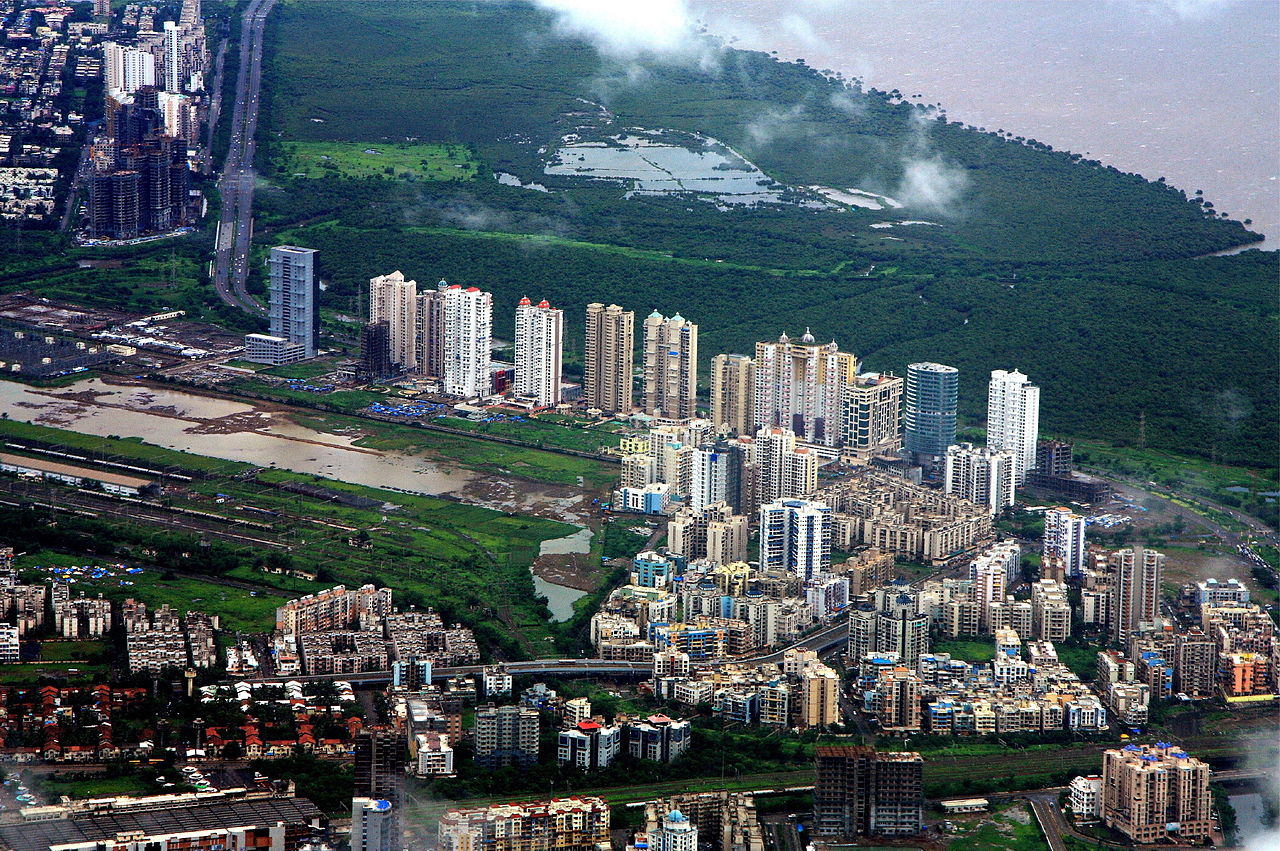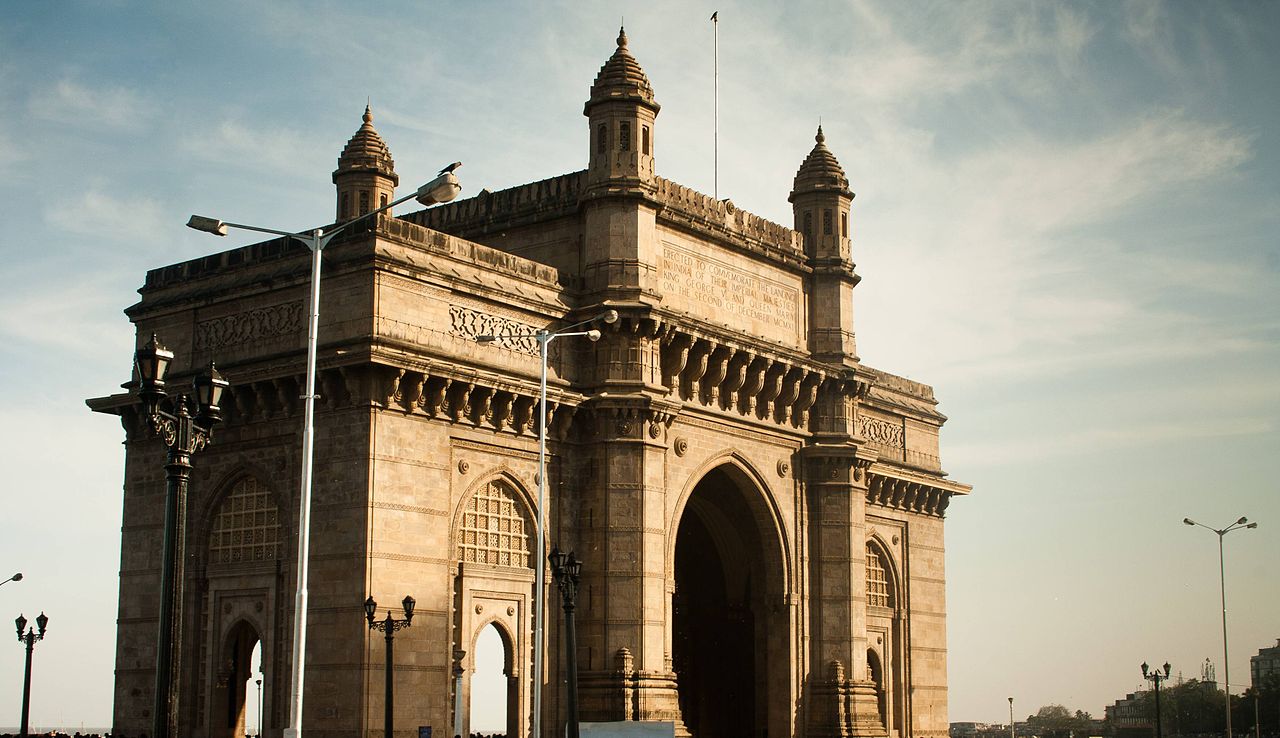For centuries, Mumbai, a business and transport hub located on the western coast of India, has served as a magnet of sorts, attracting people and businesses, charming them into setting their base here. Back in the day, this is where traders and merchants bought and sold textiles, spices, metalware and sundry handicrafts.

Today, Mumbai is India’s financial capital and home to thriving business districts, Special Economic Zones (SEZ) and a hub of trade and transport. It is a nerve center of manufacturing, retail, entertainment, banking and finance, among other sectors.
All these industries are rapidly advancing on their digital journeys, and are adopting new and emerging technologies like Artificial Intelligence (AI), Machine Learning (ML) and Internet of Things (IoT) to streamline and optimise their processes and serve their customers better. In doing so, they are also producing and processing large volumes of data. This, in turn, has proved to be a shot in the arm for the cloud and data center industry in India, with Mumbai emerging as the location of choice for data centers.
Mumbai’s Data Center Boom
At present Mumbai is home to nearly half of all data centers in India. These include data centers of top national and international players like Amazon Web Services (AWS), AdaniConneX, Airtel Nxtra, Colt Data Services, CtrlS, Equinix, NTT, Reliance, Sify, STT Global, WebWerks, Yotta, among others. In fact, it was reported earlier this year that Mumbai has emerged as the third largest data center market in the Asia Pacific region. A report by Knight Frank found that Mumbai with 2337 MW of capacity had claimed the spot just behind Shanghai (2,692 MW) and Tokyo (2,575 MW).
“While the growth in Datacentres will span across all major cities in India, Mumbai, being a major commercial and financial hub, continues to be at the forefront with more than 50 per cent of the country’s current as well as planned capacities coming up in Mumbai,” says Sumit Mukhija, ED & CEO at ST Telemedia Global Data Centers. “I believe Mumbai’s strategic significance lies in its exceptional connectivity, serving as a major commercial and financial hub with links to major Indian cities and global destinations. It offers a reliable power, roads and fiber infrastructure and robust connectivity options including cable landing stations, both vital for data centers,” he says, adding, “Mumbai city is a core component of India’s rapidly advancing digital ecosystem, making it a prime location for data centers in line with our expansion plans and vision for a sustainable digital future.”
According to Sunil Gupta, Co-founder, MD & CEO, Yotta, Mumbai is such an attractive data center location because “Mumbai is well-connected to the Middle East, Europe, Africa, and Hong Kong through its robust subsea cable landing stations, making it an ideal hub for data centers.” He explains, “This connectivity is crucial for businesses that require low-latency connections and reliable cross-border data transmission.”
AI and ML powering Industry 4.0, driving growth
According to Priyanka Sharma (Director- Digital Architecture, dsm-firmenich), “Industry 4.0 has truly revolutionized manufacturing and distribution, bringing a surge in productivity and cost reduction through the seamless integration of automation and robotics. With smart factories machines gracefully handle tasks from production to packaging, creating a harmonious workflow.”
Firmenich was established in 1985 and has been the largest privately-owned fragrance & taste company in the world, that has benefitted from early adoption of Industry 4.0. DSM and Firmenich have merged recently, establishing a new company that brings together one of the largest innovation and creation communities in nutrition, health, and beauty.
“In our domain, AI, IoT and ML has increased the efficiency manyfold. Right from personalized marketing campaigns for getting lead to getting the product delivered, these technologies are use at each step,” says Sharma.

She further explains, “The inclusion of IoT and connectivity reveals the intricacies of the supply chain and allowing for effective tracking, monitoring, and optimization of manufacturing processes. In this narrative, Big Data and Analytics play a crucial role, offering insights for predictive maintenance, demand forecasting, and informed decision-making, contributing to an enhanced product quality through embedded innovation.”
Sharma elaborates, “Product recommendation, enhanced customer experience using chatbot and virtual assistants, analytics for forecasting demands, changing pricing, facilitating product development and innumerable advantages in R&D space. It has become truly indispensable and has revolutionized every industry. As these technologies continues to evolve and become more accessible, companies that want to stay ahead of the curve must adapt alongside with them. Embracing AI, Iot, ML is no longer an option – it is a necessity.”
All these elements have come together to create an environment conducive for the growth and evolution of the Cloud and Data Center industry. As Mumbai, and its adjoining areas of Thane, Bhiwandi and Navi Mumbai, have been home to a variety of industries such as chemicals, pharmaceuticals, automotive, textile and garments, minerals and metals, cement, and much more, it has contributed to the growth in the demand for Cloud and Data Center industry. Today, the region has attracted not only traditional enterprise data centers and on-premise facilities, but also colocation data centers, hyperscalers, and even Edge data centers.
The Numbers Back Mumbai’s Claim to the Throne
Research conducted by various national and international organizations also paint a favourable picture for Mumbai.
Research by Mordor Intelligence says, “Mumbai continues to attract the majority of data center investments as the city benefits from the availability of reliable power, cable handling stations, BFSI demand, a telecom hub, and the absence of any major natural threats.” In fact, Mordor Intelligence projects that the Mumbai data center market, that was valued at 411.9 MW (base year 2022), will grow at a Compounded Average Growth Rate (CAGR) of 13.44 per cent during the forecast period (2018 to 2029), and reach a capacity of 1,491.38 MW by 2029. It further says, “The growing adoption of cloud and digital services across various end-user industries further expands the B2B cloud computing service market’s scope. Hence, for managed data center and colocation service market, Big data and IoT technology will expand investments in the data center market.”
A recent report by CRISIL Ratings reiterates this. “Mumbai remains the most preferred location because of availability of sub-sea cable landing stations, proximity to larger enterprises that help in reducing latency and continuous availability of electricity,” says the report. The CRISIL Ratings report also says that India is poised to attract investments worth Rs 45,000 crores over the three fiscals through 2026.

Growth spilling outside Mumbai
In fact, the growth of the data center industry in Mumbai has expanded to include adjacent areas like the industrial belt and manufacturing hubs in Thane, Belapur, Bhiwandi, Taloja, and Panvel. This is because while real estate prices are sky high in the island city of Mumbai, cost of land parcels is relatively lower in adjoining areas.
Gupta also believes that the local administration has also played an important role in attracting the Cloud and Data Center Industry to Mumbai. “The Maharashtra government, as part of its new IT Support Services Policy, also aims to promote Mumbai and Navi Mumbai as data center hubs. With an aim to attract investments of Rs 95,000 crore and create 3.5 million jobs in the state, the state government is offering incentives like stamp duty waivers, electricity duty waivers, electricity tariff subsidies, open access to electricity, and essential service status to the sector. Further, it also offers incentives for integrated data center parks,” he says. He would know. After all, Yotta’s NM1 data center is located in Panvel. It is a multi-tenant Tier IV data center facility.
STT also has a facility in Navi Mumbai, and even one on Pune, another emerging technology hub in the western Indian state of Maharashtra. “In Maharashtra, we already have 3 operational facilities each in Mumbai and Pune. Our new hyperscale Datacenter Campus of 100+ MW in Mumbai and more than 40MW expansion in Pune are expected to go into production over the next few months,” shares Mukhija.
NTT, CtrlS, Colt Data Centers, Sify and many others have also built facilities in and around Navi Mumbai.



